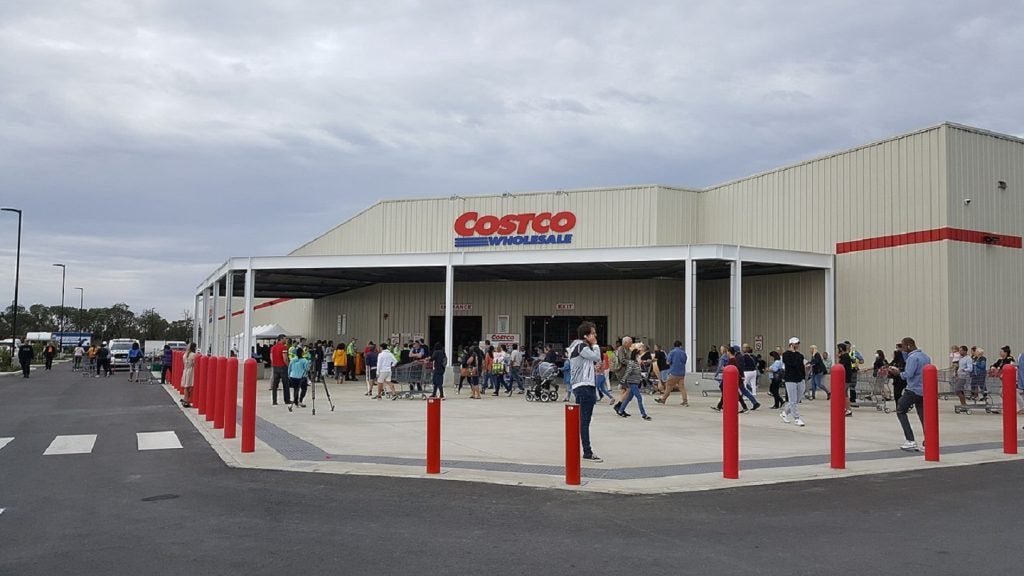Instacart, the prominent grocery technology company, has unveiled its inaugural Economic Impact Report.
The report provides a comprehensive analysis of Instacart's influence on various facets of its marketplace, including customers, shoppers, retailers, and brands.
Job creation and revenue boost
The report discloses that Instacart has played a pivotal role in adding more than 231,000 jobs to brick-and-mortar grocery stores.
These jobs span across the US, contributing nearly $8bn in incremental revenue to the US grocery industry.
The impact extends from cashiers and store managers to bakers and deli counter workers, showcasing the breadth of employment opportunities generated.
Earnings and time savings for shoppers
Instacart has been a catalyst for economic growth by generating more than $15bn in earnings for its shoppers since its inception in 2012.
Additionally, the platform has saved customers more than 700 million total hours, marking a significant reduction in the time spent on grocery shopping.
This dual effect underscores the platform's impact on enhancing economic productivity.
Small business impact
An independent analysis by Robert Kulick of National Economic Research Associates delves into Instacart's effect on small businesses.
Notably, Instacart has assisted small brick-and-mortar grocers in the US, defined as those with 1-49 employees, in increasing their revenue by more than $2bn.
This growth has translated into the creation of approximately 66,000 new jobs within this category, reflecting the platform's meaningful impact on small businesses.
Kulick emphasises that Instacart's growth correlates directly with the expansion of the grocery industry, labelling it a "national phenomenon" that benefits grocers, workers, and the broader economy.
Importantly, a remarkable 29% of the total jobs Instacart has generated - 66,000 out of 231,000 - have been at small grocery stores, exceeding the small business share of all grocery employment in the US, which stands at 14%.















